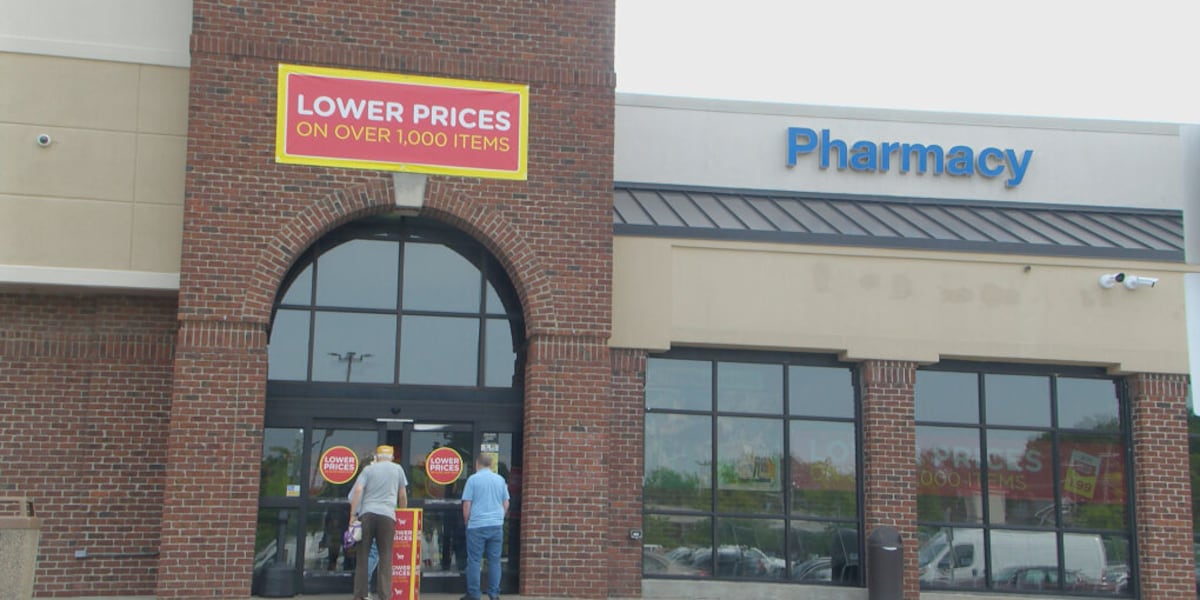Wes Streeting's Seat in Jeopardy? Lowering the Voting Age Could Empower Pro-Gaza Candidate

The potential lowering of the voting age to 16 in the UK could dramatically reshape the political landscape, with Health Secretary Wes Streeting facing a surprising challenge. New projections suggest a surge in support for independent candidates, particularly those advocating for a stronger stance on the Gaza conflict, could threaten Streeting's traditionally safe Labour seat. This development, alongside concerns for Justice Secretary Shabana Mahmood, highlights the potential for significant shifts in voter allegiances within the Labour party.
The Shifting Sands of UK Politics
For years, Wes Streeting has enjoyed a comfortable majority in his constituency. However, the rising tide of public concern surrounding the ongoing situation in Gaza has created an opportunity for independent candidates to gain traction. These candidates are often campaigning on platforms that prioritize Palestinian rights and call for a cessation of hostilities. The prospect of 16 and 17-year-olds entering the electorate could amplify this sentiment, potentially tilting the balance in favour of these challengers.
Beyond Streeting: Mahmood and Other Labour Figures at Risk
Streeting isn't the only Labour heavyweight facing potential headwinds. Justice Secretary Shabana Mahmood is also considered vulnerable, reflecting a broader trend of independent candidates gaining ground across the country. The reasons behind this surge are multifaceted, but a key factor is a growing disillusionment with mainstream political parties, particularly among younger voters. Many feel that traditional parties are not adequately addressing issues like climate change, social inequality, and, crucially, the conflict in Gaza.
The Impact of a Lowered Voting Age
The debate around lowering the voting age has been ongoing for some time, with proponents arguing that it would empower young people and encourage greater civic engagement. However, this latest development suggests that the impact could be more complex. While increased youth participation is generally seen as a positive, the potential for a significant shift in political power dynamics raises important questions. Will the voices of young people be heard, or will their votes simply exacerbate existing divisions?
What's Next for Labour?
Labour faces a delicate balancing act. On the one hand, they need to engage with younger voters and address their concerns. On the other, they must navigate the complexities of public opinion on sensitive issues like the conflict in Gaza without alienating their existing base. The coming months will be crucial as parties strategize and campaigns ramp up. The possibility of independent candidates upsetting established figures underscores the need for Labour to listen to the electorate and adapt to the changing political landscape. The potential for a shake-up in Parliament is real, and the outcome could have far-reaching consequences for the future of UK politics. This isn't just about one seat; it's about the direction of the country.
Key Considerations:
- Gaza Conflict: The ongoing conflict is a significant driver of voter sentiment.
- Independent Candidates: Their growing support represents a challenge to traditional parties.
- Youth Vote: Lowering the voting age could significantly alter the political landscape.
- Labour's Response: The party needs to adapt to the changing political climate.






